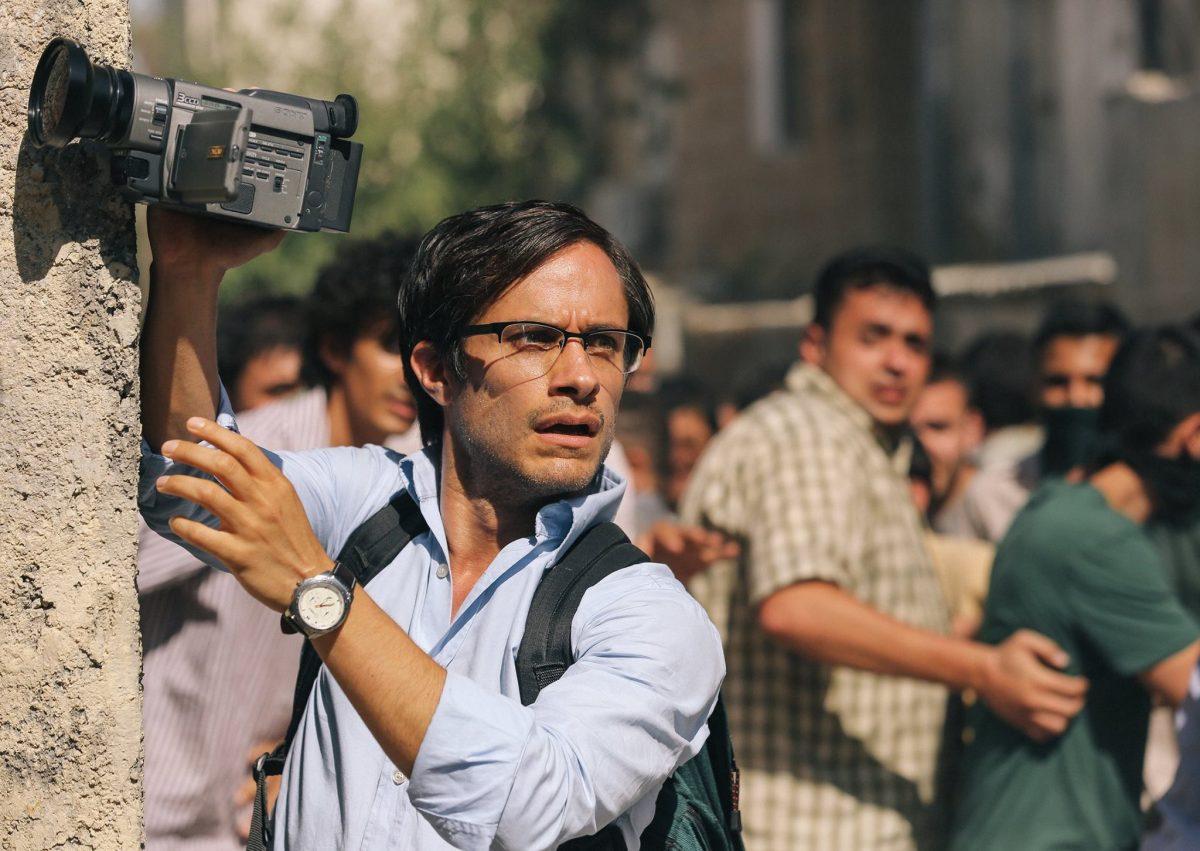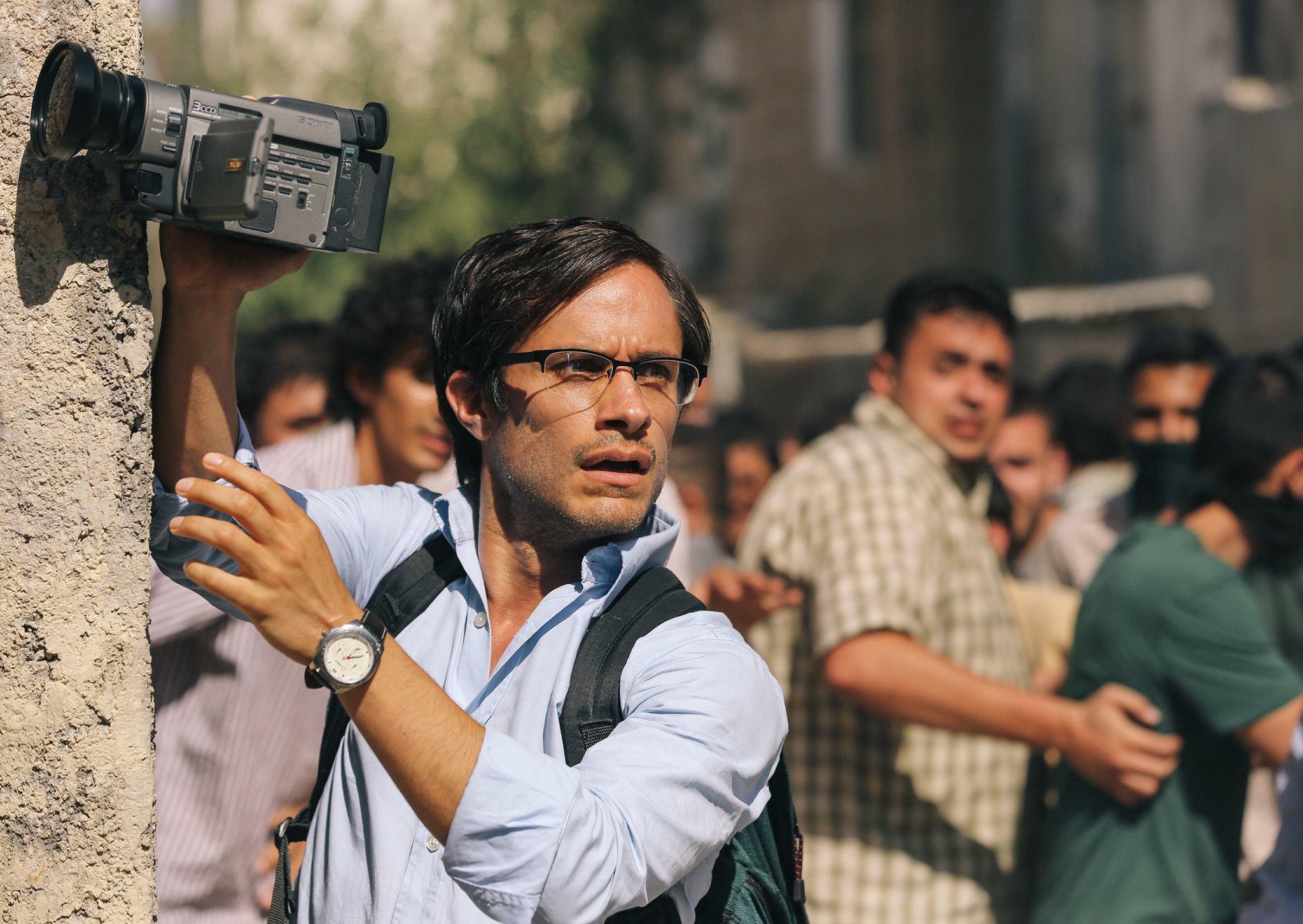One hundred and eighteen days of torture, loneliness, sadness and madness.
That’s how much time Maziar Bahari spent in an Iranian prison in solitary confinement under the accusation of being a spy, when in reality, it appeared there was much more lying behind the reasons of his imprisonment.
This Friday, “Rosewater” premiered at local Rialto and Summerfield cinemas.
This film is based on a true story and accounts in Bahari’s book, “Then They Came For Me,” all based on his imprisonment in 2009 while covering the Iranian presidential elections for Newsweek magazine.
In his directorial debut, Jon Stewart mixes seriousness with a bit of satire to expose the ridiculous accusations against Bahari of espionage due to his interview with Jason Jones for “The Daily Show with Jon Stewart.”
In that initial interview, Jason Jones wears dark glasses and pretends to be a spy, simply for the purposes of a satirical sketch, but this is the footage the interrogator used to accuse to Bahari.
In a later interview with Stewart, Bahari jokingly blames him for his imprisonment, saying “Those guys who arrested me wanted to fabricate charges against me, I could have been on ‘Sesame Street’ and they could accuse Elmo of sedition.”
In the film, Bahari is played by Hispanic actor Gael Garcia Bernal, whom does a great job portraying his role as a journalist and as a survivor.
In the film, Bahari flies to Iran to cover the presidential elections, once he arrives he meets Davood (Dimitri Leonidas) whom appears to be a cab driver but really is not, who drives Bahari around the city to cover the different polling places.
When driven to an area of high poverty, Davood introduces him to his friends whom are voting for Mir-Hossein Mousavi because they believe it would lead to a better government.
While covering the polling places, he discovers that they’re being closed early and that they already announced that President Mahmoud Ahmadinejad has won the election.
Soon chaos ensues and protest begin, many protestors questioning, “Where is my vote?”
Caught in the chaos, Bahari decides to stay longer and cover the protest, which lead to him filming and baring witness to the shooting of protestors.
It’s when his footage is shown in news/media outlets around the world that he is arrested.
The film goes on to show his time in prison, his blindfolded interrogations and ghost from his past which pay him visits and encourage him to stay strong.
The educational value in this film is worthy, it reminds there are many worldly issues to pay attention to of how crucial and important having the chance to vote is.
Although full of chaos, violence and what appears to be real footage of the protest in Iran in the beginning, the film can seem a little dull during the scenes of Bahari’s time in prison.
This dullness is later replaced by humor, which Bahari uses to help him push through his last few days of imprisonment, and hope, which Bahari feels after he finds out that many people including Hilary Clinton, are talking about his unfair imprisonment.
Stewart does well in making the audience understand and feel what Bahari went through, the excitement of the elections, the danger of filming the protest, the fear during interrogations, and the relief and feeling of hope when he discovers that people are speaking on his behalf to free him from prison.
“Rosewater” is definitely a must see film, not only does it remind the audience of worldly issues, but also to stay strong and have hope in times of turmoil.


































